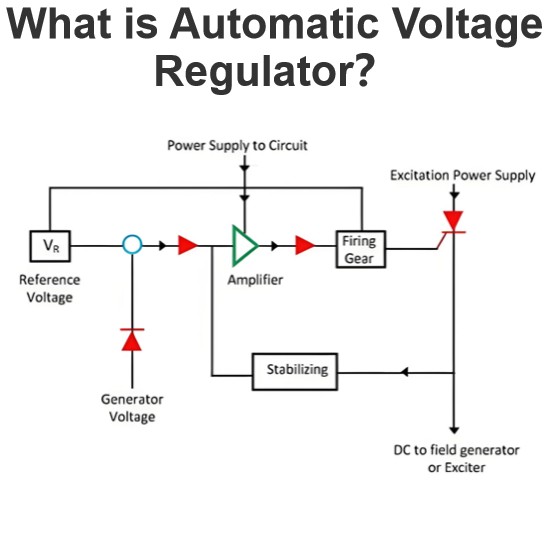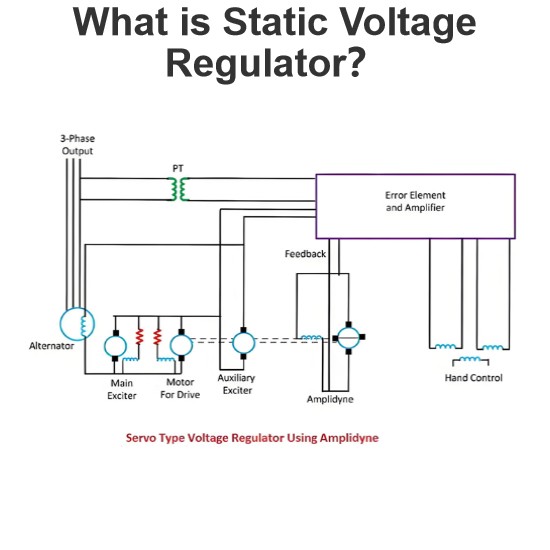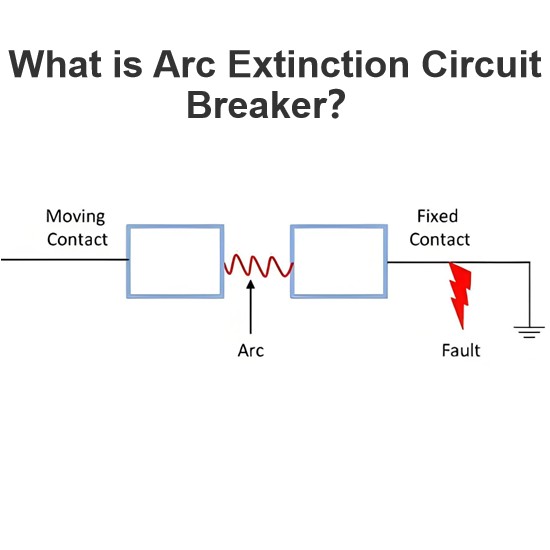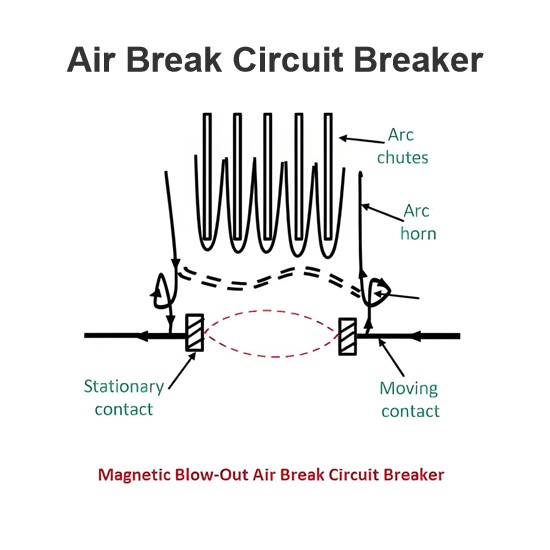Can a DC earth and an AC earth point be made common?
Whether DC grounding points and AC grounding points can be shared depends on the specific system design, safety standards, and regulations. Here are some key points to help you understand this issue:
1. Safety Standards and Regulations
National Standards: Different countries and regions have different electrical safety standards and regulations. For example, China's national standard GB/T 16895 and the United States' National Electrical Code (NEC) provide detailed guidelines for grounding in both DC and AC systems.
Industry Standards: Certain industries may have specific standards, such as IEEE standards for the telecommunications industry.
2. Grounding System Design
DC Systems: Grounding in DC systems is typically used to provide a stable reference potential, prevent static electricity accumulation, and protect equipment from overvoltage.
AC Systems: Grounding in AC systems is primarily used to protect personnel from electric shock and provide a return path for fault currents.
3. Potential Issues with Shared Grounding
Interference: DC and AC currents can interfere with each other when sharing a common ground, especially high-frequency AC currents can cause interference in DC systems.
Potential Differences: Potential differences between DC and AC systems can cause currents to flow, leading to equipment failure or safety hazards.
Protection Function: Sharing a ground can affect the proper operation of protective devices, such as residual current devices (RCDs) and circuit breakers.
4. Advantages of Shared Grounding
Simplified Design: Sharing a ground can simplify the design and wiring of the grounding system.
Cost Reduction: Sharing a ground can reduce the amount of grounding material and construction costs.
5. Considerations for Practical Application
Isolation Measures: If you decide to share a ground, appropriate isolation measures should be taken, such as using isolation transformers and filters to minimize interference.
Monitoring and Maintenance: Regular monitoring and maintenance of the grounding system are essential to ensure it functions properly.
Professional Consultation: Consult with electrical engineers or professional organizations when designing and implementing the grounding system to ensure compliance with relevant standards and regulations.
Conclusion
In most cases, it is not recommended to share DC grounding points and AC grounding points due to potential safety and interference issues. However, if sharing is necessary, it must be done in accordance with relevant safety standards and regulations, and appropriate isolation and protection measures should be implemented.
The Electricity Encyclopedia is dedicated to accelerating the dissemination and application of electricity knowledge and adding impetus to the development and innovation of the electricity industry.













